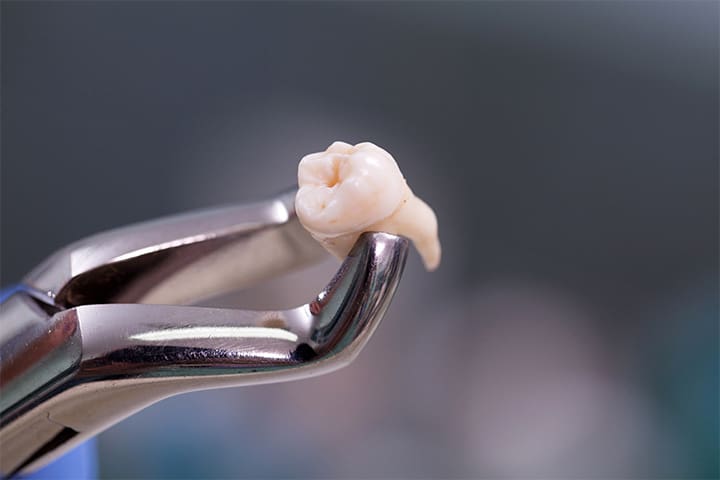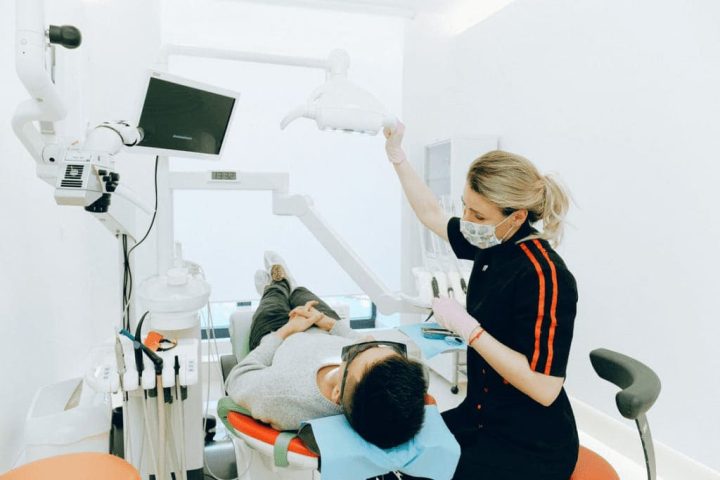Find our Comfortable Danvers Office
Danvers Aesthetic Family Dentistry
2 Orchard Ln, Danvers, MA 01923, United States
Monday
9:00 AM - 6:00 PM
Tuesday
11:00 AM - 7:00 PM
Wednesday
8:00 AM - 3:00 PM
Thursday
8:00 AM - 5:00 PM
Friday
9:00 AM - 2:00 PM
Saturday
8:00 AM - 1:00 PM
Sunday
Closed
Copyright © 2025 Danvers Aesthetic Family Dentistry. All Rights Reserved.



